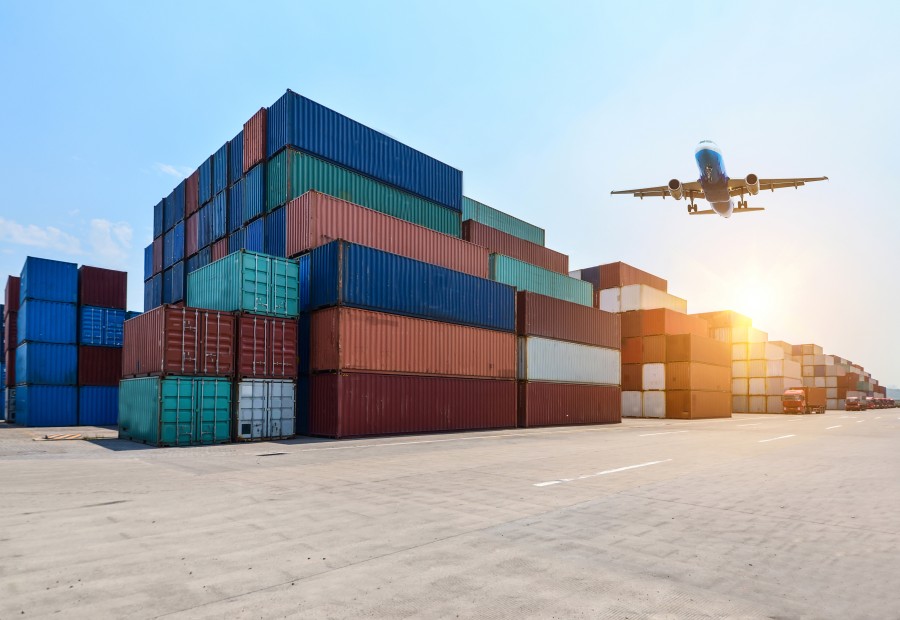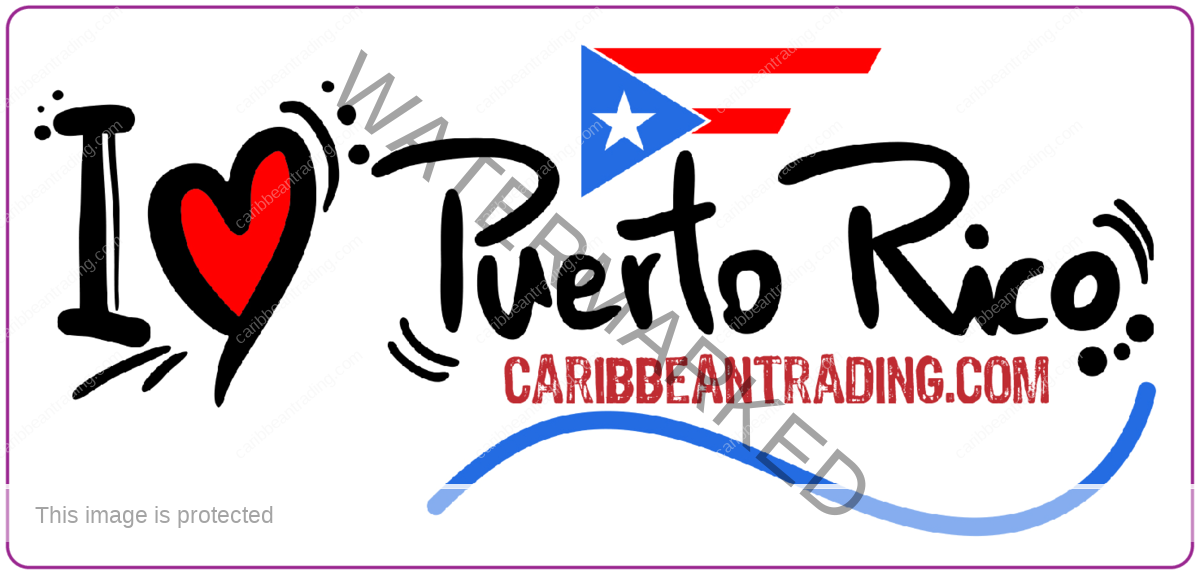Caribbean Trading Company News, Caribbean Travel Tips
What to Know About Shipping Goods to the Caribbean from the U.S.
Shipping goods to the Caribbean from the U.S. has become increasingly common due to the growing demand for American products and the large Caribbean diaspora residing in the United States. Whether you’re sending personal items, business inventory, or gifts to family, understanding the logistics involved is crucial. This comprehensive guide covers everything you need to know—types of shipments, regulations, customs processes, taxes, best carriers, and common mistakes to avoid.
Understanding the Caribbean Shipping Landscape
The Caribbean region consists of more than 30 territories and island nations, each with its own import laws, infrastructure capabilities, and customs procedures. While some islands like Puerto Rico and the U.S. Virgin Islands are U.S. territories with less complex shipping rules, others like Jamaica, the Bahamas, and Trinidad & Tobago are independent countries with stricter import requirements.
Shipping goods to the Caribbean is not a one-size-fits-all process. Routes, prices, and documentation vary depending on the destination, the type of cargo, and the purpose of the shipment (personal vs. commercial).
Modes of Shipping: Air vs. Sea
Air Freight
Air freight is ideal for time-sensitive shipments or smaller packages. It typically takes 1–5 business days depending on the destination. Carriers like FedEx, DHL, and UPS offer reliable and fast air shipping to most Caribbean islands. However, air shipping is usually more expensive per pound compared to sea freight.
Pros:
- Fast delivery
- Ideal for urgent or perishable items
- Easy to track and manage
Cons:
- High cost
- Weight and size restrictions
Sea Freight
Sea freight is more economical, especially for large or bulky shipments. It is the preferred option for furniture, construction materials, and wholesale goods. Sea shipping can take anywhere from one to four weeks depending on the route and frequency of departures.
Pros:
- Cost-effective for heavy cargo
- Suitable for large quantities
- Regular service to most Caribbean ports
Cons:
- Slower delivery times
- More documentation required
Key Shipping Documentation
When shipping goods to the Caribbean from the U.S., proper documentation is essential for avoiding delays or penalties. Below are the main documents required:
1. Commercial Invoice
This is a detailed bill that includes the value of the goods, origin, and destination. It’s used to determine customs duties and taxes.
2. Bill of Lading (BOL) or Airway Bill
A document issued by the carrier that confirms receipt of cargo and outlines the shipping terms. It acts as a shipment contract.
3. Packing List
Details the contents, weight, and dimensions of each package. It assists in both customs and logistics.
4. Import Licenses (if required)
Some Caribbean countries require specific licenses for certain goods like electronics, chemicals, or pharmaceuticals.
Customs Process in the Caribbean
All shipments arriving in the Caribbean must go through a customs check. This process involves inspecting the documentation and sometimes the physical goods to ensure compliance with local import laws.
Key Points:
- Customs duties and taxes are assessed based on the declared value of goods.
- Some islands impose Value Added Tax (VAT) or General Consumption Tax (GCT) on imports.
- Failure to declare goods correctly can lead to fines or confiscation.
- Some Caribbean nations (like the Dominican Republic or Barbados) have a more digital and automated customs process, while others still rely on paper-based systems.
To avoid delays during the customs check, make sure all information is accurate, especially declared values and item descriptions.
Duties and Taxes
Each Caribbean country has its own tariff system, and import duties can range from 0% to over 100%, depending on the item. Here’s a general idea of how these are applied:
- Personal shipments: Generally have lower duties, especially if declared as gifts or used items like accessories.
- Commercial shipments: Typically subject to higher taxes and may require business registration with the local government.
- Restricted items: Certain items may require additional permits or face higher duties.
Many Caribbean countries also have de minimis thresholds, meaning shipments under a certain value may be exempt from taxes or simplified in processing.
Popular Shipping Carriers
Several U.S.-based shipping companies specialize in Caribbean routes. Here are some of the most reliable ones:
1. Amerijet
Offers both air and ocean freight with services to over 40 destinations in the Caribbean.
2. Tropical Shipping
Specializes in sea freight and serves islands such as the Bahamas, Barbados, and St. Lucia with regular sailings.
3. Crowley Maritime
Provides logistics and shipping services to Puerto Rico and other Caribbean locations.
4. Barrel Shipping Companies
A popular option among Caribbean expats. These companies specialize in shipping 55-gallon barrels filled with food, clothing, and household goods.
What Items Are Commonly Shipped?
Many Caribbean residents rely on U.S. shipments for goods that are unavailable or expensive locally. Here are some commonly shipped items:
- Electronics (phones, laptops, appliances)
- Clothing and shoes
- Auto parts and tools
- Furniture and home goods
- Food and personal care products
- School and office supplies
Be aware that some of these items may require special handling, higher insurance, or additional permits based on the destination country.
Items That May Be Restricted or Prohibited
Each Caribbean country has its own list of restricted and prohibited items. However, common restrictions include:
- Firearms and ammunition
- Illegal drugs
- Certain plants or animal products
- Flammable liquids
- Medical devices without permits
Always check with the destination country’s customs authority before shipping items that may fall into these categories.
Packaging Tips for Caribbean Shipments
Proper packaging ensures your goods arrive safely and pass through customs smoothly.
- Use sturdy boxes or barrels with secure lids.
- Label all items clearly, especially if shipping multiple packages.
- Include duplicate copies of all documentation inside the box in case the outer labels are damaged.
- Waterproof inner wrapping is recommended for items vulnerable to humidity or sea salt.
- Avoid overpacking to prevent damage and ease inspection during customs checks.
Shipping Costs and Delivery Times
Shipping costs depend on several factors:
- Weight and volume of the shipment
- Mode of transport (air vs. sea)
- Carrier and service type (standard vs. express)
- Final destination port
As a rough guide:
- Small packages via air: $25–$75 depending on the island
- Barrels via sea: $100–$300 depending on size and location
- Full containers: $1,000–$3,000 for a 20ft container, more for 40ft
Delivery times range from 2–5 days (air) to 7–30 days (sea), depending on the destination and frequency of the route.
Shipping from Online Retailers
Many Caribbean customers shop online from U.S. retailers like Amazon, Walmart, or eBay and ship purchases through freight forwarders or courier services.
Popular U.S. addresses (provided by freight forwarders) allow buyers to shop as if they were in the States. The goods are then repackaged and shipped to the Caribbean.
Some services even consolidate multiple purchases into a single shipment to save on shipping costs.
Best Practices for Hassle-Free Shipping
To ensure a smooth shipping experience:
- Choose a reputable carrier with experience in Caribbean routes.
- Double-check destination requirements, especially regarding duties and restricted items.
- Track your package and communicate with the receiver about expected arrival and any documentation they may need.
- Ensure your shipment contains valuable items.
- Be honest on your declaration forms—customs authorities are trained to identify under-declared or mislabeled goods.
Conclusion
Shipping goods to the Caribbean from the U.S. can be straightforward if you understand the basic requirements. From selecting the right shipping method to preparing for the customs check, each step matters. Be thorough with documentation, mindful of local regulations, and always work with experienced carriers to ensure your shipment arrives safely and on time. With the right approach, whether you’re sending gifts to loved ones or expanding your business to the Caribbean, you can make the process smooth and efficient.







